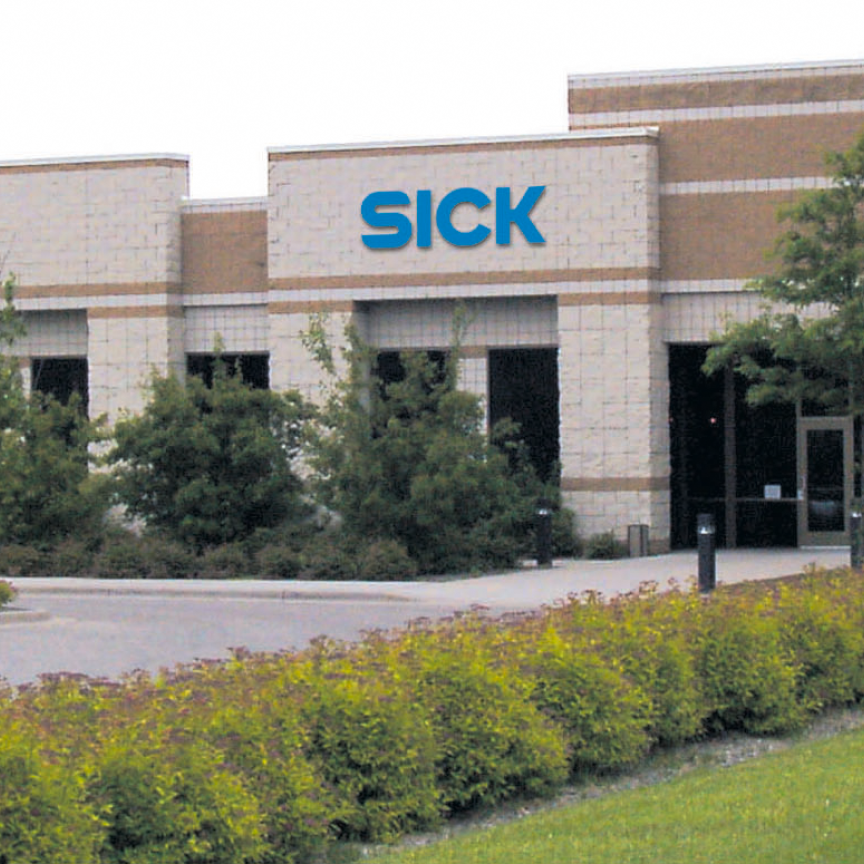French imaging specialists Sofradir and Ulis will host a recruitment drive specifically for job seekers with disabilities.
The job fair, called LinkDay, will take place on 25 May. It is organised by Execo, a specialised employment agency for people with disabilities, and which also helps HR departments set up disability employment charters within their organisations.
Ten of the biggest firms around Grenoble, France will participate in the event, including HP, Thales, Cap Gemini, Soitec, Becton Dickenson, ESRF and ILL institutes, Banque Populaire, Air Liquide, and Teisseire.
Eighty disabled job candidates will be pre-screened to participate in the job fair.
Under a 2005 statutory law[1], French companies with more than 20 staff are required to employ a rate of six per cent of people with disabilities. In 2015, the national rate stood at 3.1 per cent[2].
At European Union (EU) level, about 47 per cent of disabled people were employed in 2014, compared to 72 per cent of non-disabled people, according to data from Papworth Trust[3], a UK disability charity. The average employment gap was 25 per cent.
In addition, there are close to 25,000 job seekers with disabilities in the Rhone-Alps - a high-tech region in the South East of France - representing 6.6 per cent of all job seekers. Fifty per cent of them have been job-hunting for more than a year versus 4.5 per cent[4] for non-disabled people.
In 2015, Sofradir and Ulis reached the required 6 per cent disabled employment rate, with staff holding technical and non-technical positions. Sofradir and Ulis employ around 700 staff.
This will be the first time in France that the job fair will be held on the premises of a company. Until now, Execo has hosted these job fairs at convention centres with mixed results.
‘We realised that job fairs can be quite gruelling for recruiters as well as job seekers. In addition, we found that recruitment rates at job fairs for people with disabilities were not high enough,’ said Laurence Bayle, a consultant at Execo in France. ‘LinkDay is different. The pre-screening followed by the support we provide job candidates with disabilities will assure better outcomes. We facilitate the contact that takes place between job seekers and companies with the aim of enhancing the job hiring process.’
A total of eight ‘recruitment booths’ will be available for the 80 pre-qualified candidates to hold job interviews. In addition, they can meet any one of 10 representatives manning the Disability Missions Village. Lastly, Execo will host a World Café, where a social psychology specialist and other professionals will be available to meet candidates. These include disability policy advocates from participating companies.
‘We see a disability as an opportunity to improve the diversity of our staff. We take concrete steps to instigate the values of tolerance and respect for others,’ said Christophe Lautier, HR director at Sofradir and Ulis. ‘Respecting the disability employment act of 2005 is one of Sofradir Group’s priorities in its hiring policy. Since 2015, we have successfully achieved the required 6 per cent disabled staff employment rate.’
Bridging the gender divide
Lautier initiated and implemented the policy for hiring disabled staff at Sofradir and Ulis in 2008. His next push is gender equality.
Both companies are signatories of the French diversity charter. In accordance with French legislation, the objective is to sign an agreement for equal employment opportunities between men and women. Negotiations are underway at the firms.
There is a proposed Charter on Parenthood within the companies, a guide promoting parental responsibility among employees, and processes to re-introduce staff following extended leave, such as maternity leave. This agreement also aims to review the quality of life at work and periodically examine equal pay between men and women.
Over the last four years Sofradir and Ulis have taken steps to recruit women at all the different levels of responsibility within the organisation based solely on skills, according to Lautier. The companies have promoted women into managerial jobs and recruited a woman to join the executive committee.
Sofradir and Ulis participated in the ‘Déployons nos ailes’ (Spread our Wings) programme targeting secondary school pupils, where youngsters are shown that professions are not defined by gender. The companies hosted school visits so that pupils can discover first-hand the types of jobs and professions available in imaging.
Lautier commented: ‘Jobs at Sofradir and Ulis are in highly technical and specialised fields, currently dominated by men. Progress is being made to recruit and train more female engineers. Our policy aims at developing employment opportunities for women at all levels of responsibility within the organisation, while respecting equal pay for jobs with equal skills and developing a quality life at work.’
References:
[1] https://www.legifrance.gouv.fr/affichTexte.do?cidTexte=JORFTEXT000000809647&categorieLien=id
[2] Chiffres Clés Juin 2015 Les personnes handicapées et l’emploi
[4] http://www.rhonealpes.fr/157-insertion-professionnelle.htm
Related articles:
The underrepresentation of women in STEM: Do stereotypes play a role? - Christina Willis, laser scientist at Fibertek, gives her opinion on how stereotypes contribute to these statistics
Gender equality in photonics? – In a traditionally male-dominated industry, Jessica Rowbury looks at the representation of women in the field of optics and photonics
Further information:

